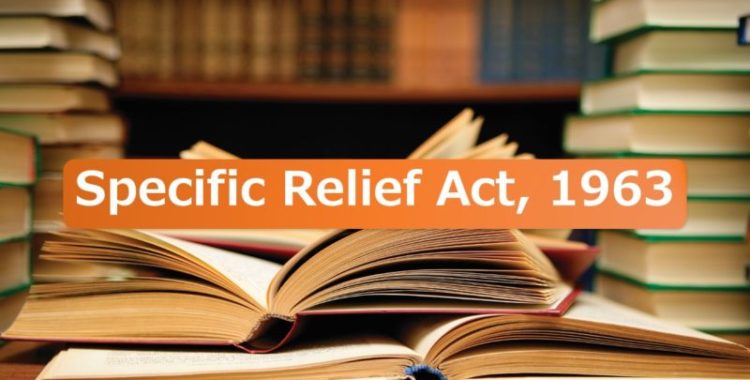The Specific Relief Act, 1963 – Section 12 – Specific performance of part of contract – A contractee who frustrates a contract deliberately by his own wrongful acts cannot be permitted to escape scot free.
Video Summary
It is well settled that the Court ordinarily enforces a contract in its entirety by passing a decree for its specific performance. However, Section 12 of the Specific Relief Act carves out exceptions, where the Court might direct specific performance of a contract in part.
Where a party to the contract is unable to perform the whole of his part of the contract, the Court may, in the circumstances mentioned in Section 12 of the S.R.A., direct the specific performance of so much of the contract, as can be performed, particularly where the value of the part of the contract left unperformed would be small in proportion to the total value of the contract and admits of compensation.
The Court may, under Section 12 of the S.R.A. direct the party in default to perform specifically, so much of his part of the contract, as he can perform, provided the other party pays or has paid the consideration for the whole of the contract, reduced by the consideration for the part which must be left unperformed.
Section 12 of the SRA is to be construed and interpreted in a purposive and meaningful manner to empower the Court to direct specific performance by the defaulting party, of so much of the contract, as can be performed, in a case like this. To hold otherwise would permit a party to a contract for sale of land, to deliberately frustrate the entire contract by transferring a part of the suit property and creating third party interests over the same.
Section 12 has to be construed in a liberal, purposive manner that is fair and promotes justice. A contractee who frustrates a contract deliberately by his own wrongful acts cannot be permitted to escape scot free.
Case Law Details
- IN THE SUPREME COURT OF INDIA
- UDAY UMESH LALIT & INDIRA BANERJEE, JJ.
- SEPTEMBER 18, 2020
- CIVIL APPEAL NO. 3574 OF 2009 WITH CIVIL APPEAL NOS. 3575-3577 OF 2009
- ICL 2020 (9) SC 121



